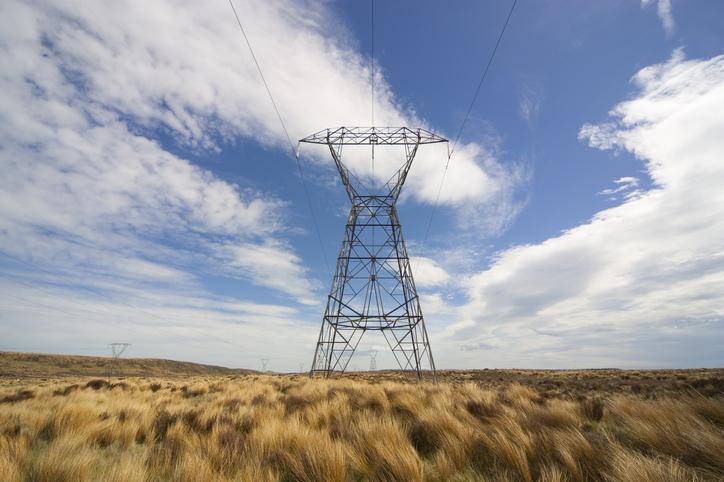Electricity bills for households across the country will rise by an average of $15 per month next year if the Commerce Commission's proposed prices are confirmed.
The commission regulates prices and performance standards for national grid operator Transpower and local line companies, and has just released draft decisions for feedback.
Commissioner Vhari McWha said the higher prices were necessary to finance investments in the electricity network.
“We are aware that more investment is needed if consumers are to get the electricity network they need, which is why we are proposing to increase the revenue that Transpower and local line companies can earn.”
She said some of the spending the companies wanted to approve has not been allowed, and that the committee has tried to spread other spending programs to ease the burden on households.
“Without the commission's proposal to delay revenue recovery, consumers could face price increases of about $25 per month.”
Consumers in Auckland, Wellington and the top of the South Island would see an average increase of $10, those in Christchurch, Invercargill, the lower and central North Island and the Bay of Plenty by $15, and those in Otago, East Coast, South Canterbury, and Northland $20.
McWha said the increases reflected borrowing costs, material costs and inflationary pressures.
“It also recognizes that assets built in the last century – many in the 1960s and 1970s – need to be maintained and replaced. Electricity networks must also grow and adapt to meet population growth and new demands, such as the increasing electrification of transport and industrial processes. heat.”
Who pays for what, where
The draft decisions concern 16 liner companies. The others, which are community-owned, have no price controls, but McWha said they would likely mirror the increases applied elsewhere.
The regulated companies cover approximately 80 percent of households and estimated price increases range from $10 to $20 per month in the first year, with further increases in subsequent years.
McWha said the commission is proposing to cap spending on line companies at a maximum of $12 billion over five years, a 50 percent increase over the previous pricing period, which would be spread from 2025 to 2030.
She said some regions had a greater need for investment, and there was also significant uncertainty about growth.
“For this reason, the committee considers it appropriate to allow less expenditure than these companies forecast. The limits also reflect a question mark over whether the sector can collectively achieve as large a step change in investment over the coming period as they predict.”
State-owned national grid operator Transpower would be allowed to earn a maximum of $5.8 billion over five years, but increases would be flattened.
“We are satisfied that Transpower's proposed expenditure is generally supported by robust asset management practices and demonstrable need,” McWha said.
